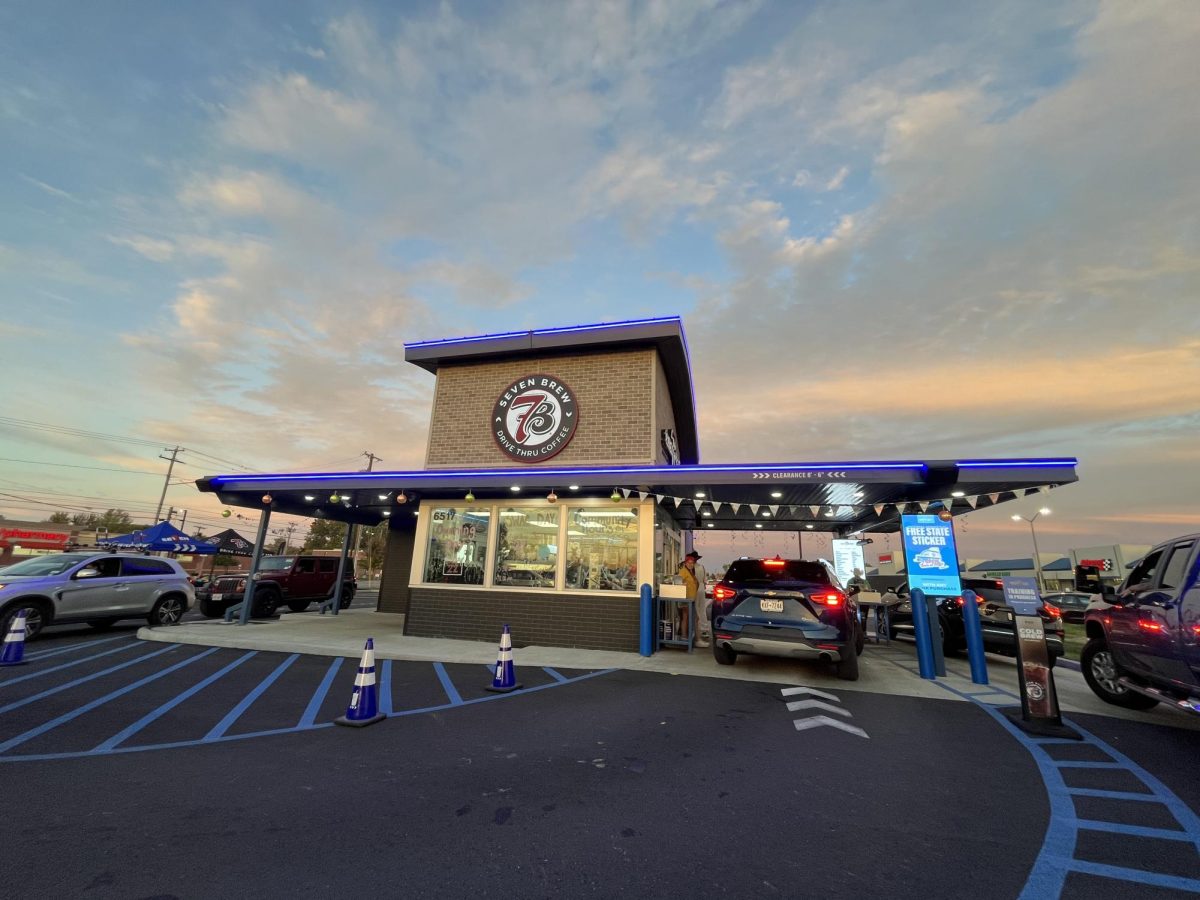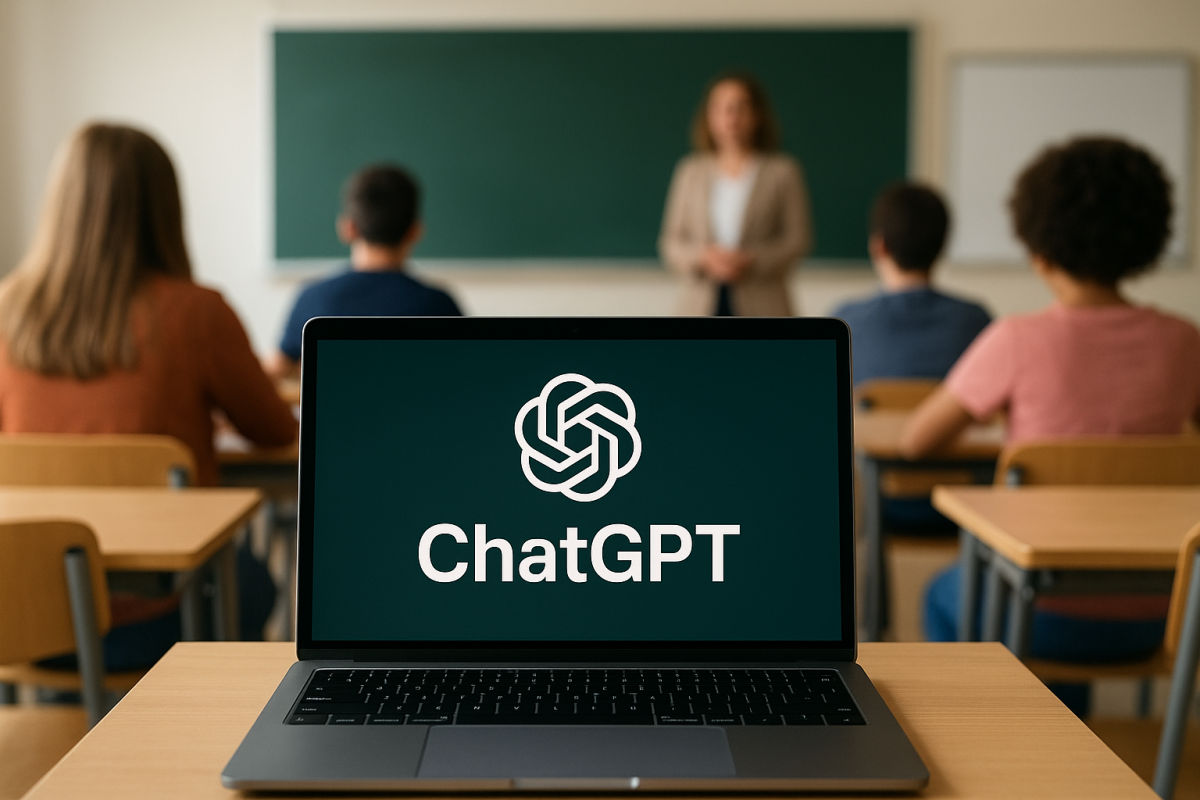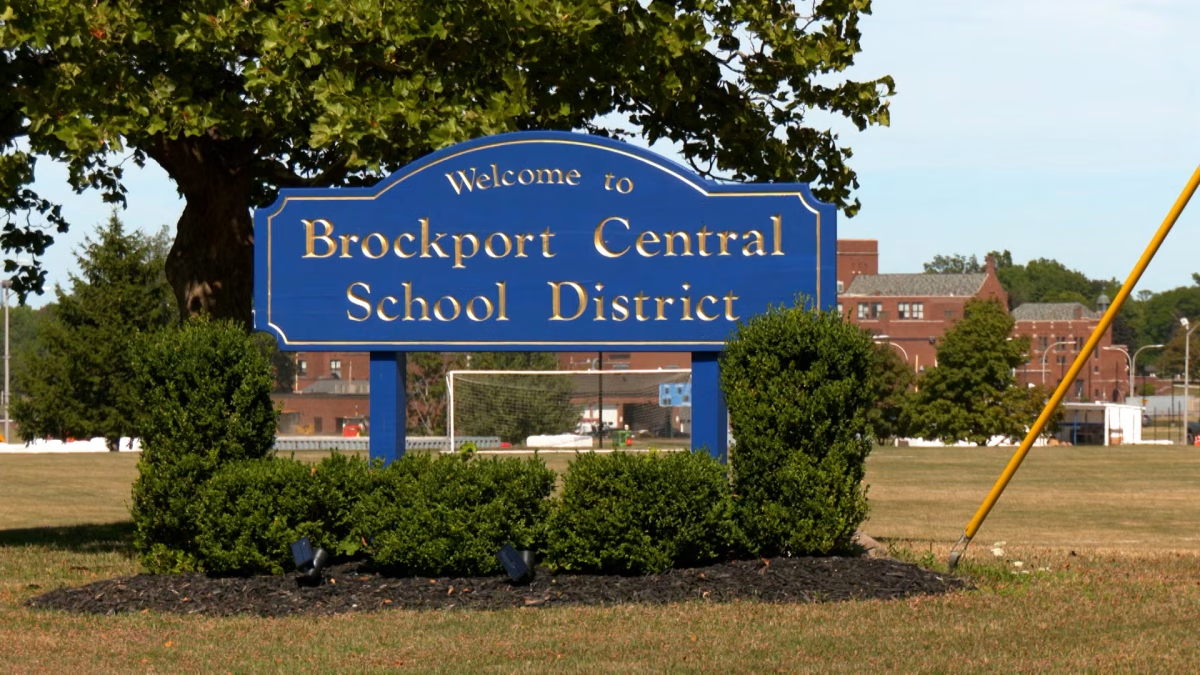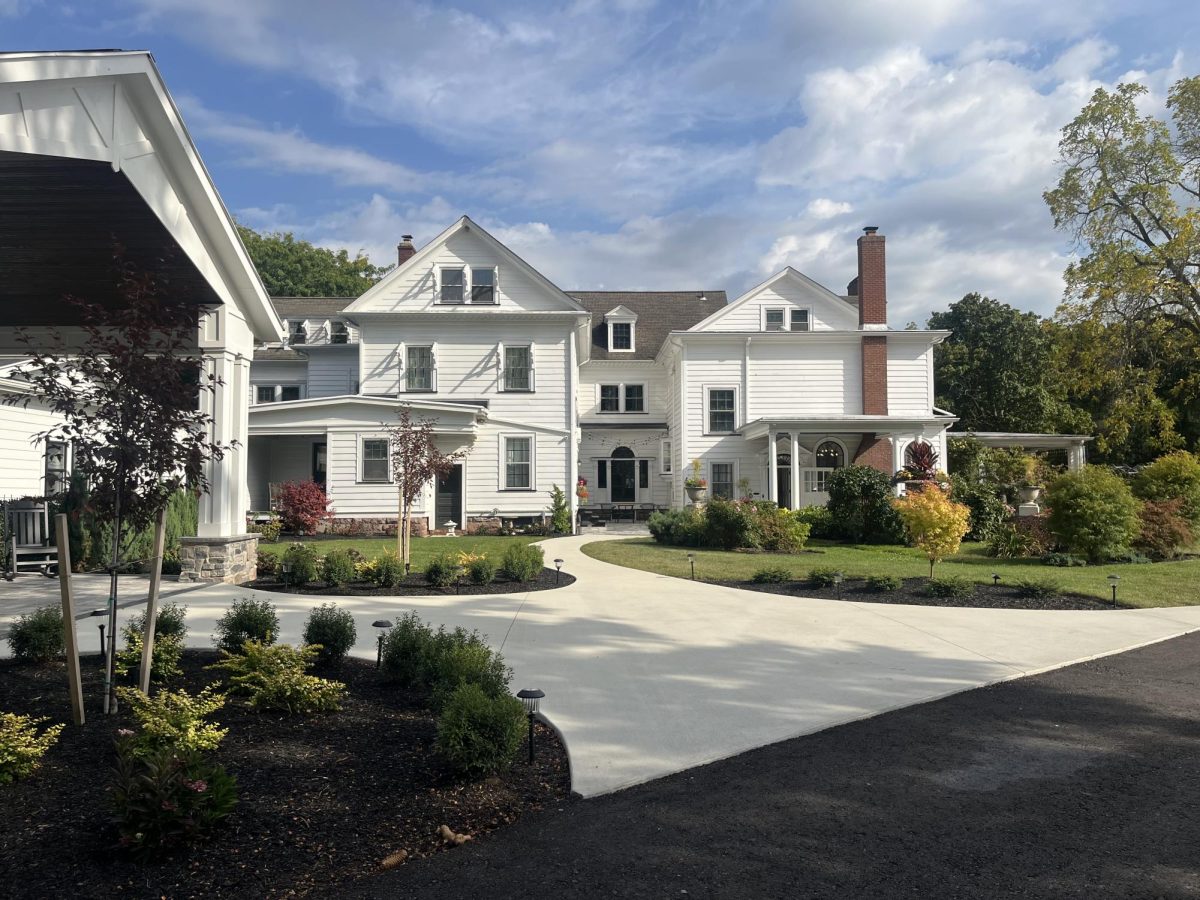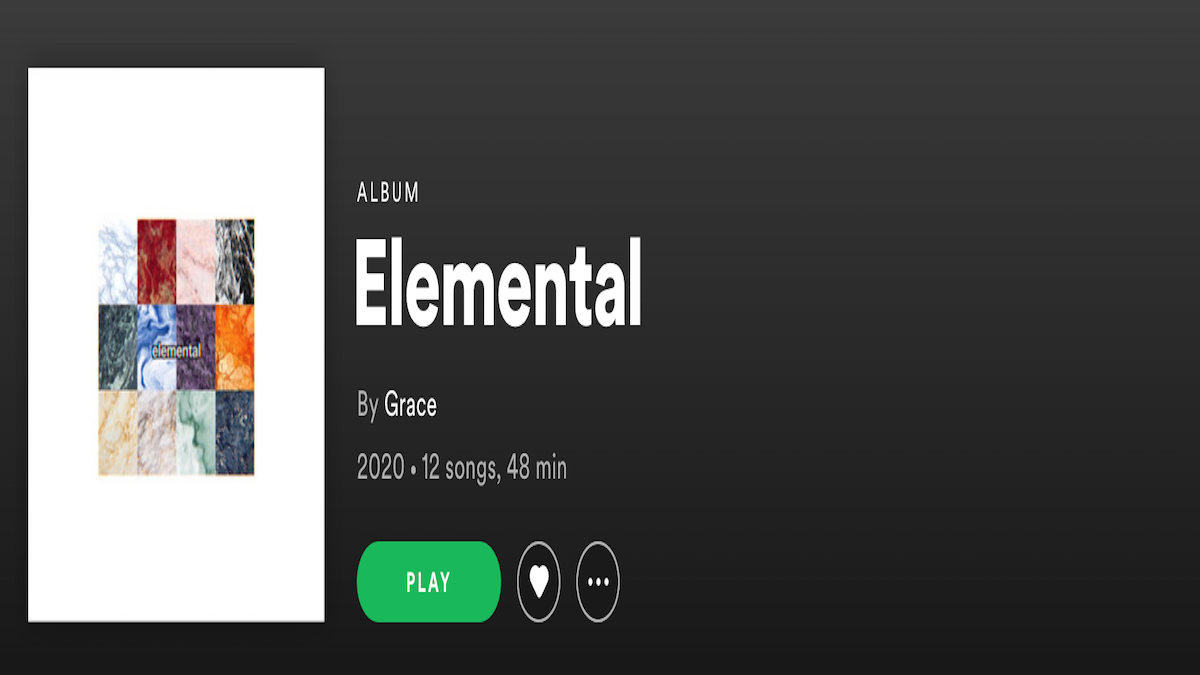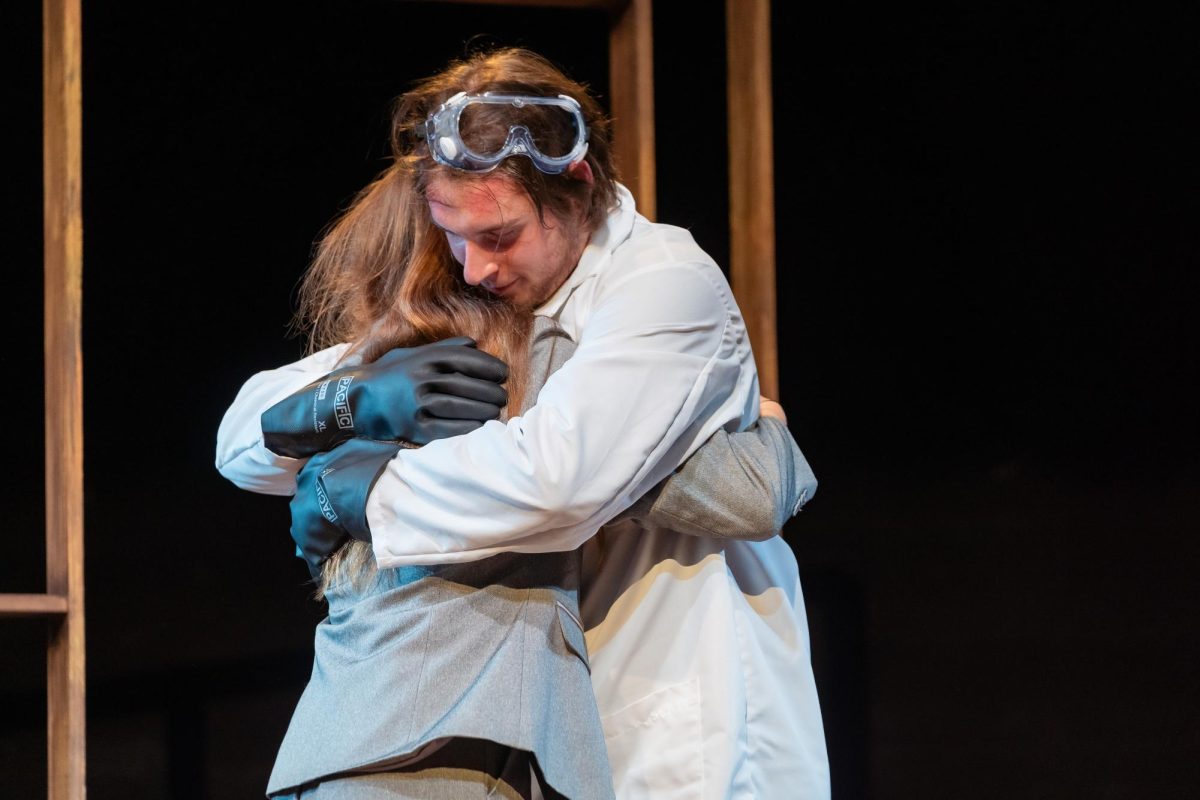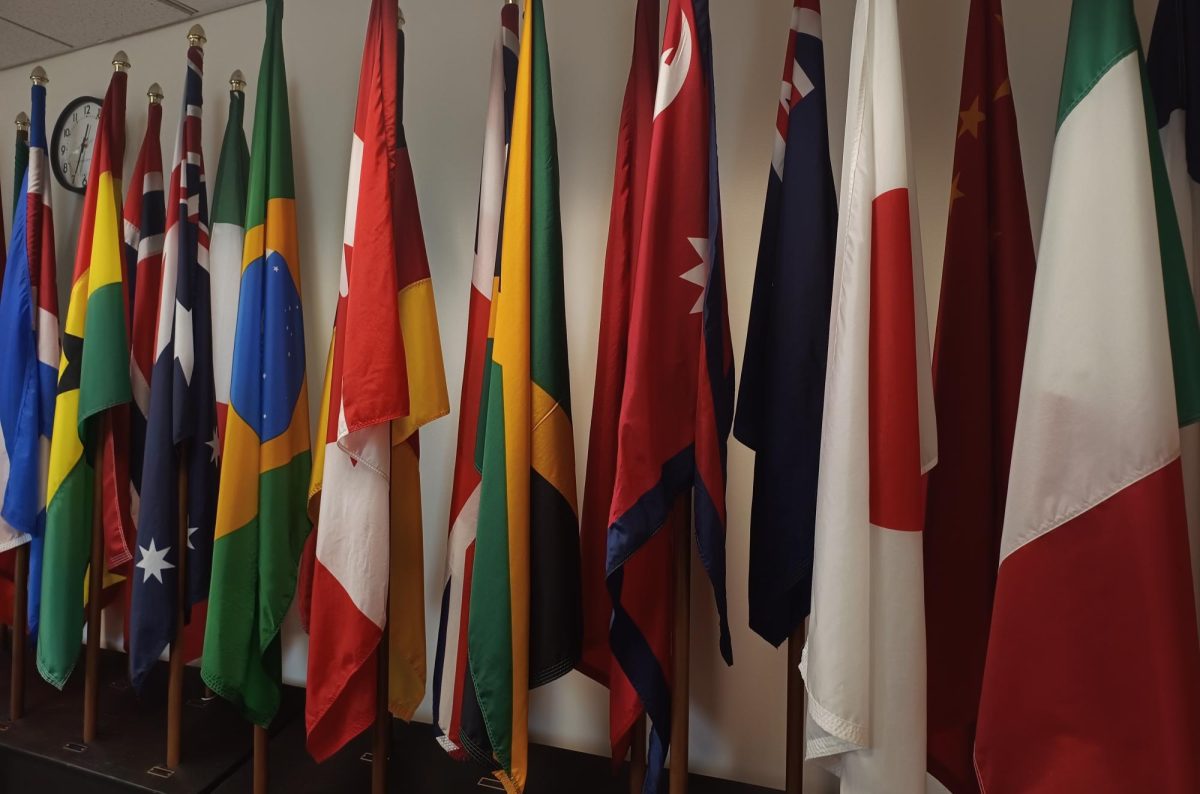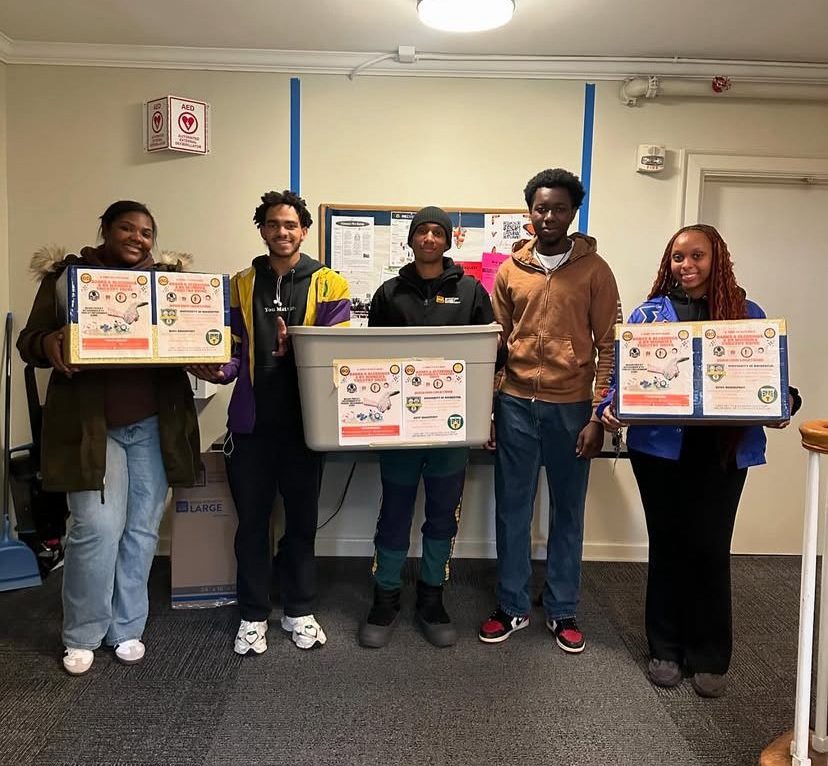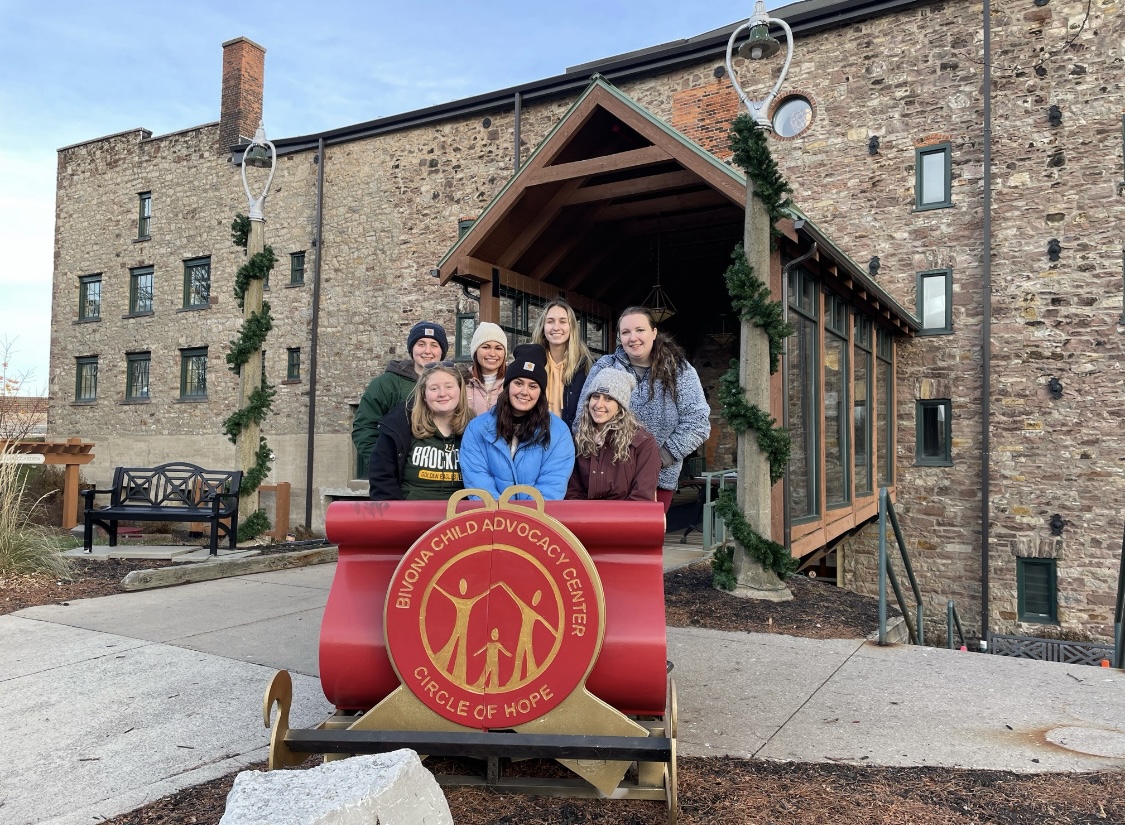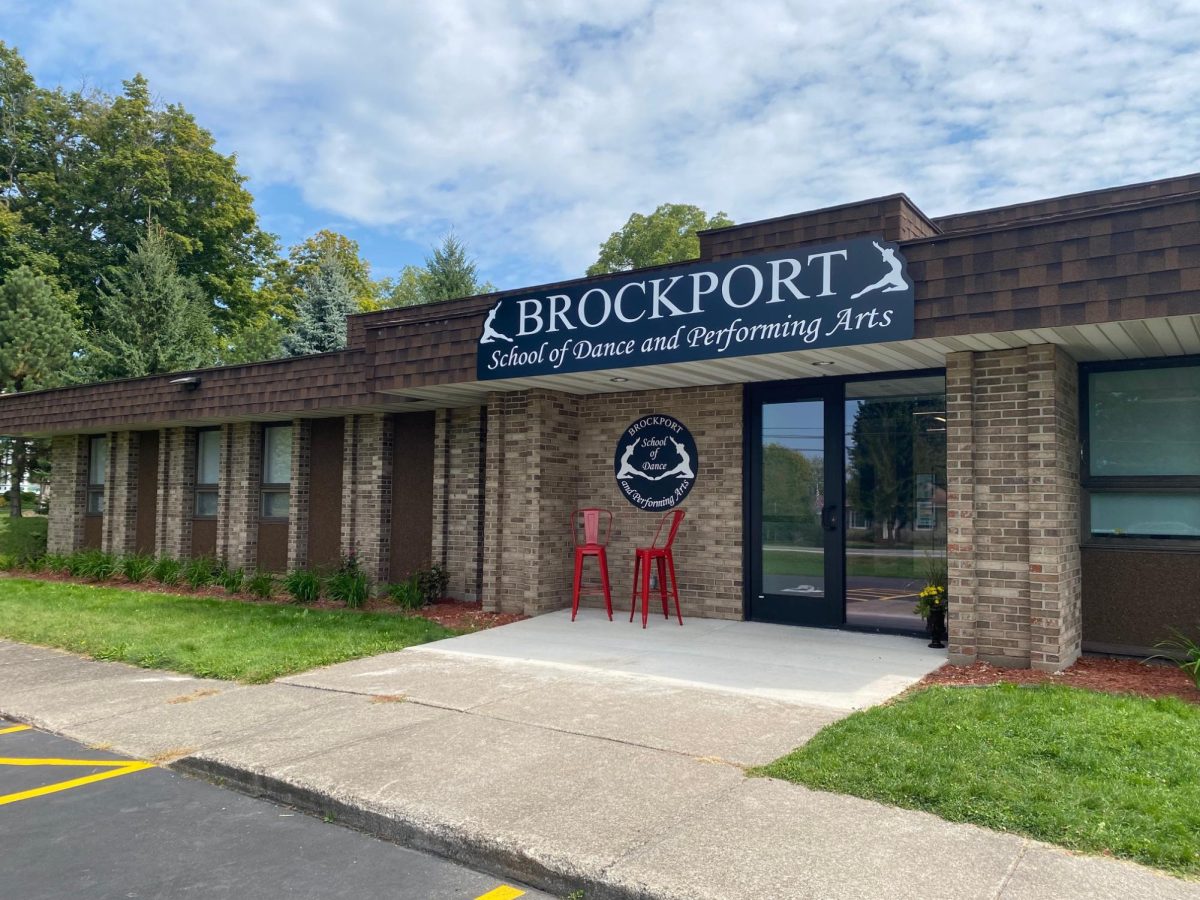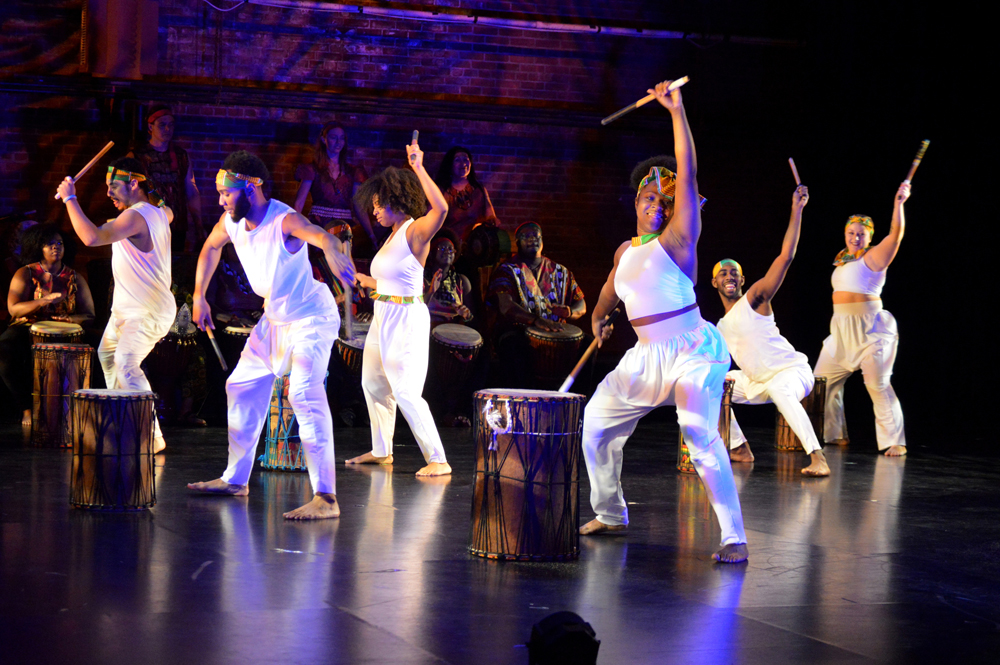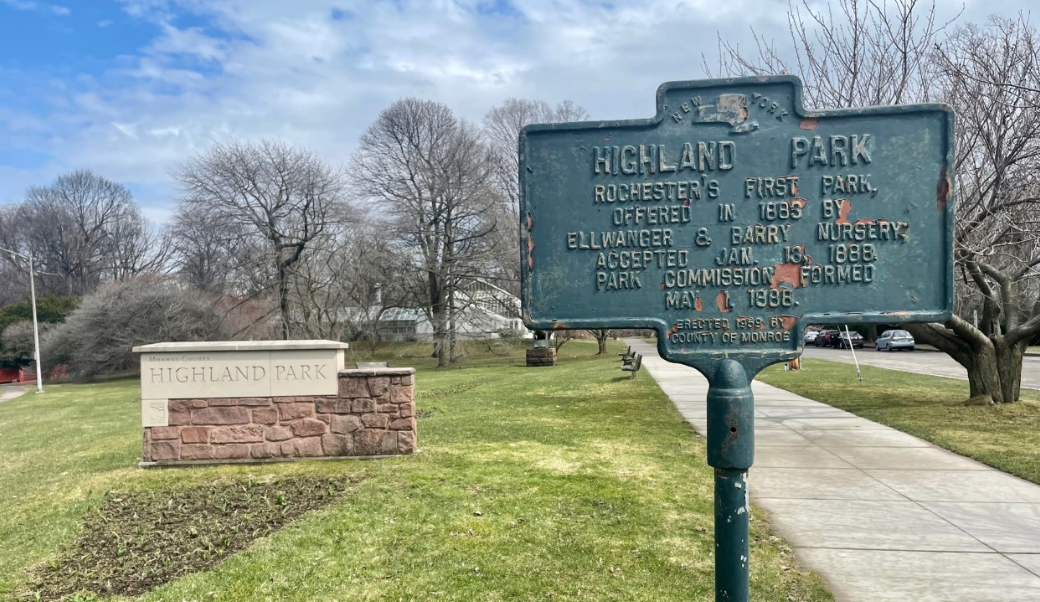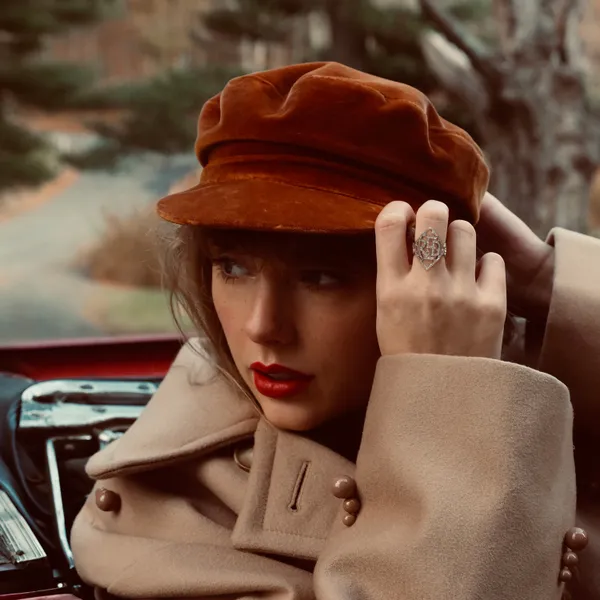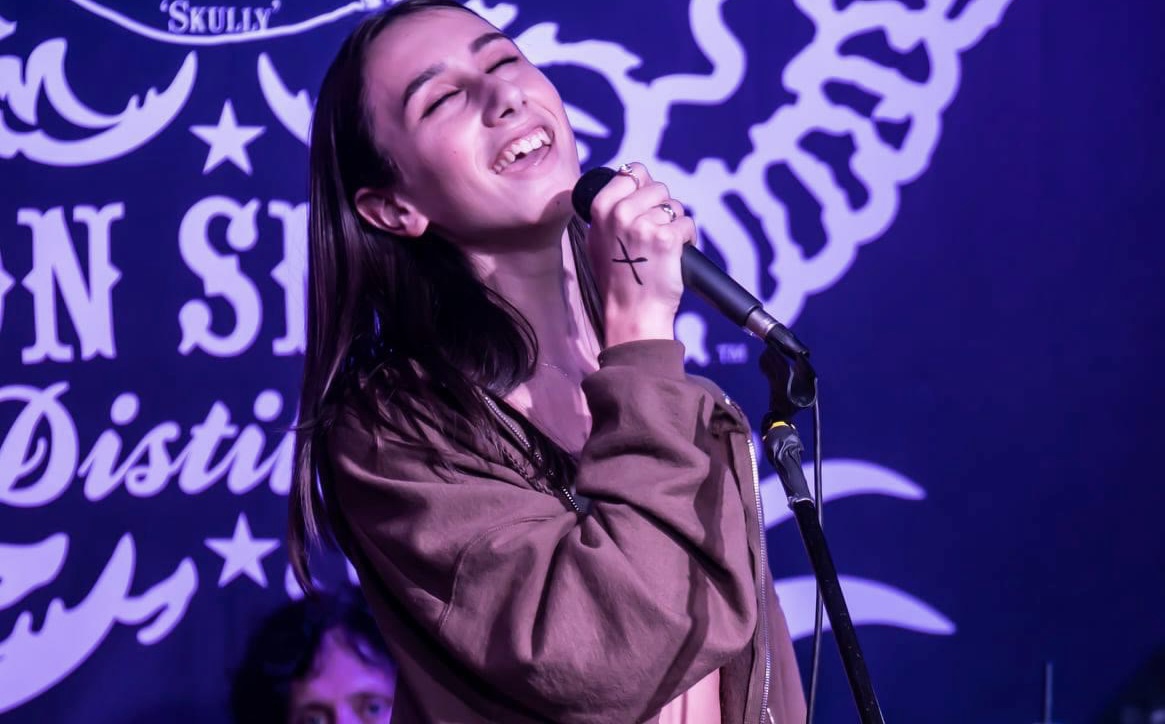by Ashley Zarcone
ROCHESTER, NY – In times of crisis, music has always been a support, guiding the broken, sick, and troubled towards comfort. Local musicians depend on their community to gain a following and share their passion. But with COVID-19 disrupting social gatherings, concerts, and festivities, musicians are left on pause when it comes to performing, producing, and pursuing their love for music.
Grace Mingoea, 20, is a local Rochester musician who just released her first indie pop album, “Elemental”, during the midst of the pandemic. Mingoea has seen first handedly the mixed emotions that come with producing an album during a pandemic.
“The pandemic was a pain, to say the least. I had to move my whole entire studio to my bedroom. I was spending more time at home and less time working on other things, so music became my number one priority,” Mingoea says.
At the start of the pandemic, Mingoea had plans to record her first album at a friend’s studio in downtown Rochester, however COVID-19 had other plans for Mingoea.
“The recording process was a hodgepodge of different things. I used…GarageBand and Logic. Nothing was live instrumental recording. For the vocals, a handful of the songs…were recorded through my earbud headphones that have a little microphone on the side. I then bought a 50- dollar microphone from Target and used that for the rest of them…it was hard not being in a recording studio at all, it gave me an almost surreal feeling,” Mingoea said.
Mingoea became her own producer, taking the reins of her own music and learning what it means to have full control of her desired sound.

“This process has taught me so much. It also taught me that I don’t know a lot on where to even start with mixing and mastering music, which is why I’m so proud of this album. I had to research and educate myself — As much as I would love to say I was completely independent, I did not do everything on my own… I am so grateful to have people who are so talented to help me out and give me a few pointers,” Mingoea says.
As a musician, Mingoea depends on advertisement and local attraction to gain a following. Before the pandemic, Mingoea performed at open mic nights, small gigs, and even busking at some of Rochester’s famous festivals. However, as society changed at a rapid pace, Mingoea had to adapt and find new ways to promote her upcoming album, “Elemental”.
“I have been gaining attention just really through my friends, family, and social media followers or people I’ve met throughout the years. Eventually, I might get attention through playlists I’m featured on. But for right now I have had to slide into a lot of people’s direct messages to see if they would pre-save my album and check it out when it is released…I think my main issue with promotion was that I had not garnered a lot of attention for my music beforehand. So, when COVID-19 hit, I was just taken aback,” Mingoea said.
With the disruption of COVID-19, Mingoea’s 12 track debut album took just over 10 months to produce, refine, and record — pushing back the expected July release to October. With her two singles, “Time” and “Your Housewife”, Mingoea continues to promote her newest album to her followers by engaging them in discussions of possible Zoom live concerts and music videos which are “in-the-works” on her Instagram page.
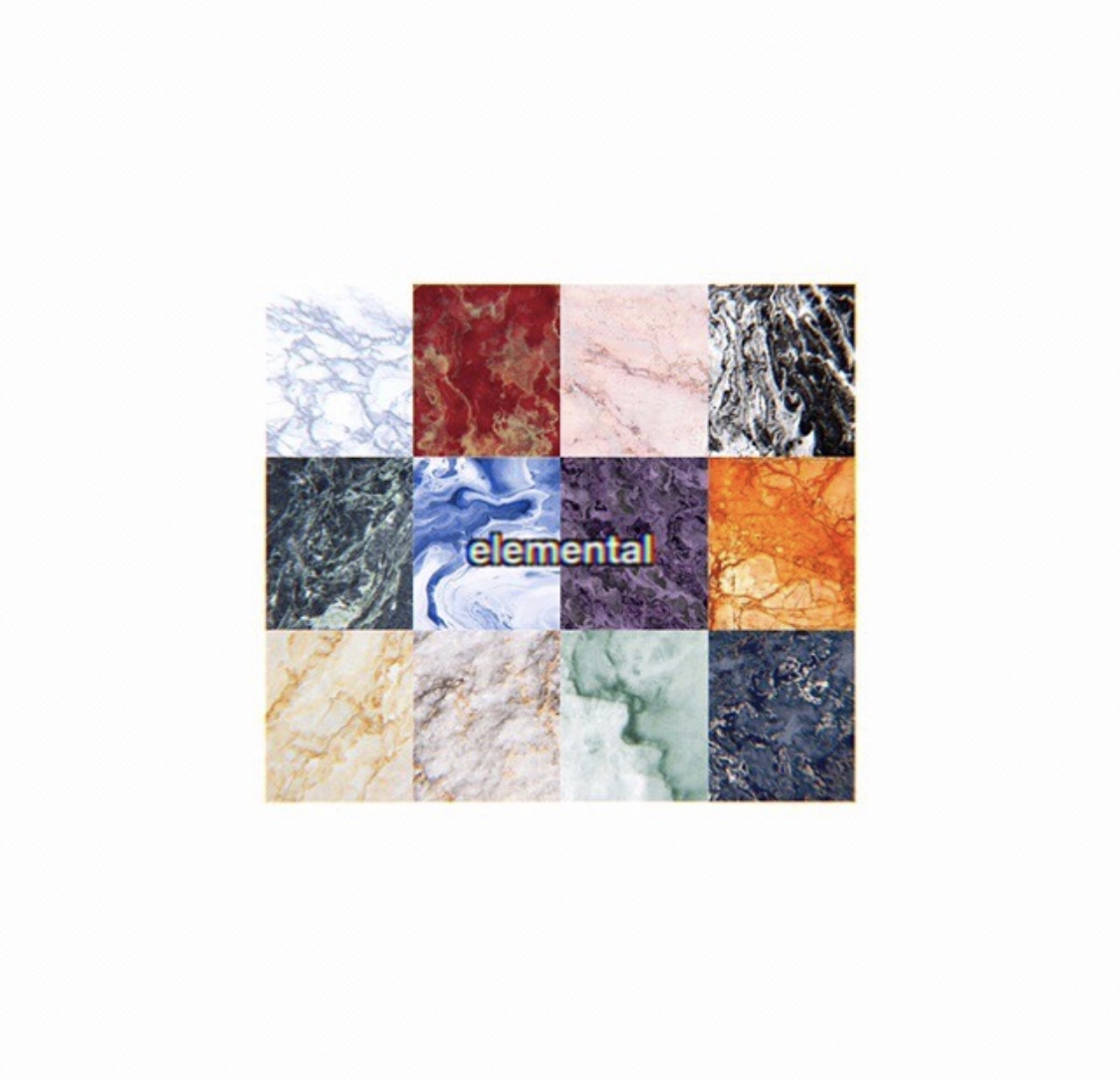
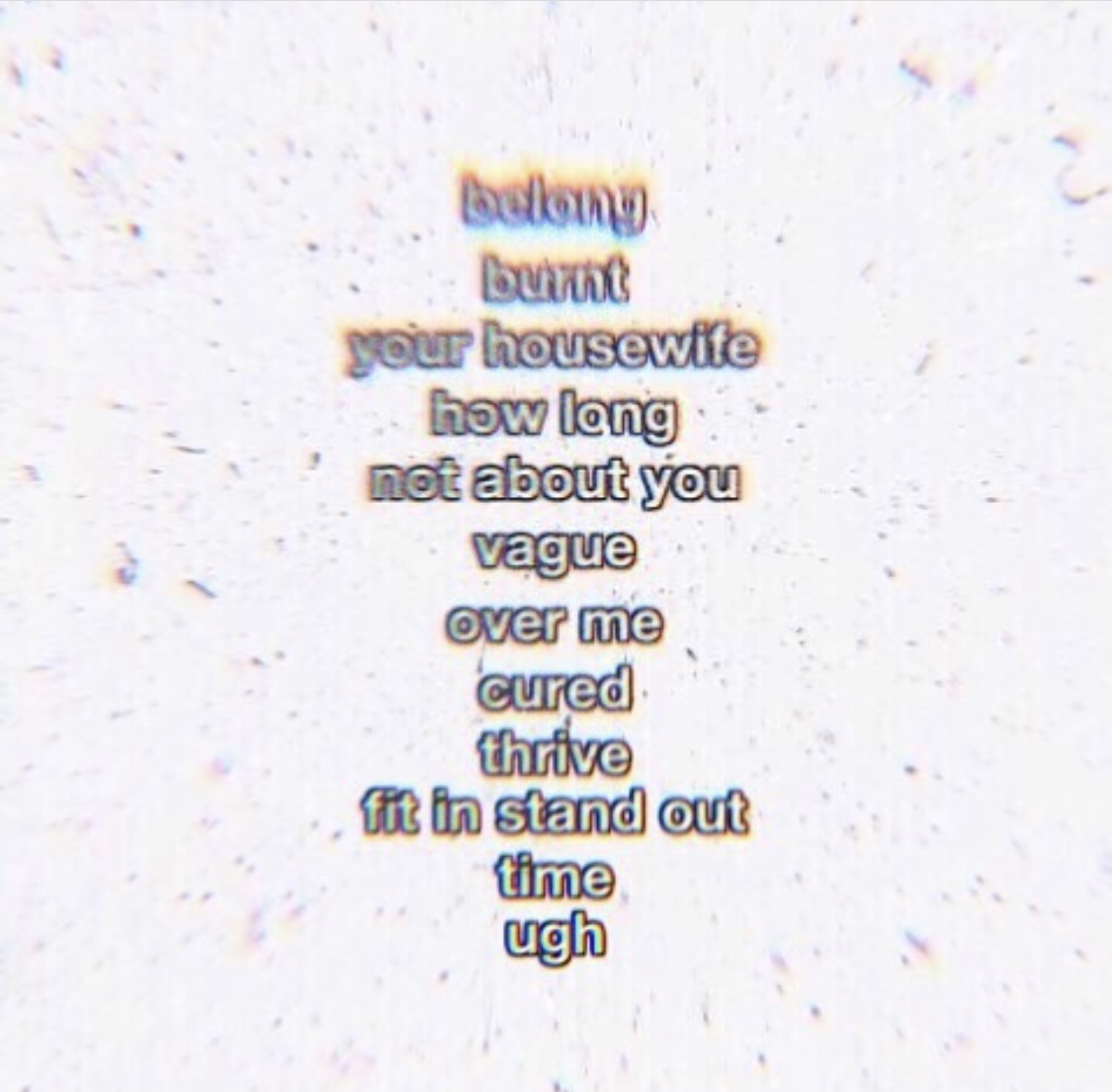
Local musicians have also experienced little interaction with their community. This includes new restrictions placed upon local radio stations. Local radio stations have been left with a lack of local music featured within their content at this time since they are unable to conduct interviews, engage with local talent, and host small gigs.
Kesa Janes, the Music Director at 89.1 The Point WBSU, tries to play local musicians as much as she can on the radio, encouraging listeners to support local artists and talent.
“We have a segment called “The Starting Point”, and if you are a local artist you can send your music to us, through the mail on a CD, or by emailing a .wav or mp3 file to us. If we like what we hear, we will feature your music during the 8 PM, 10 PM or Midnight hours. We try to interview the musicians as much as we can and post them to our social media pages and website for people to listen to or read,” Janes says.
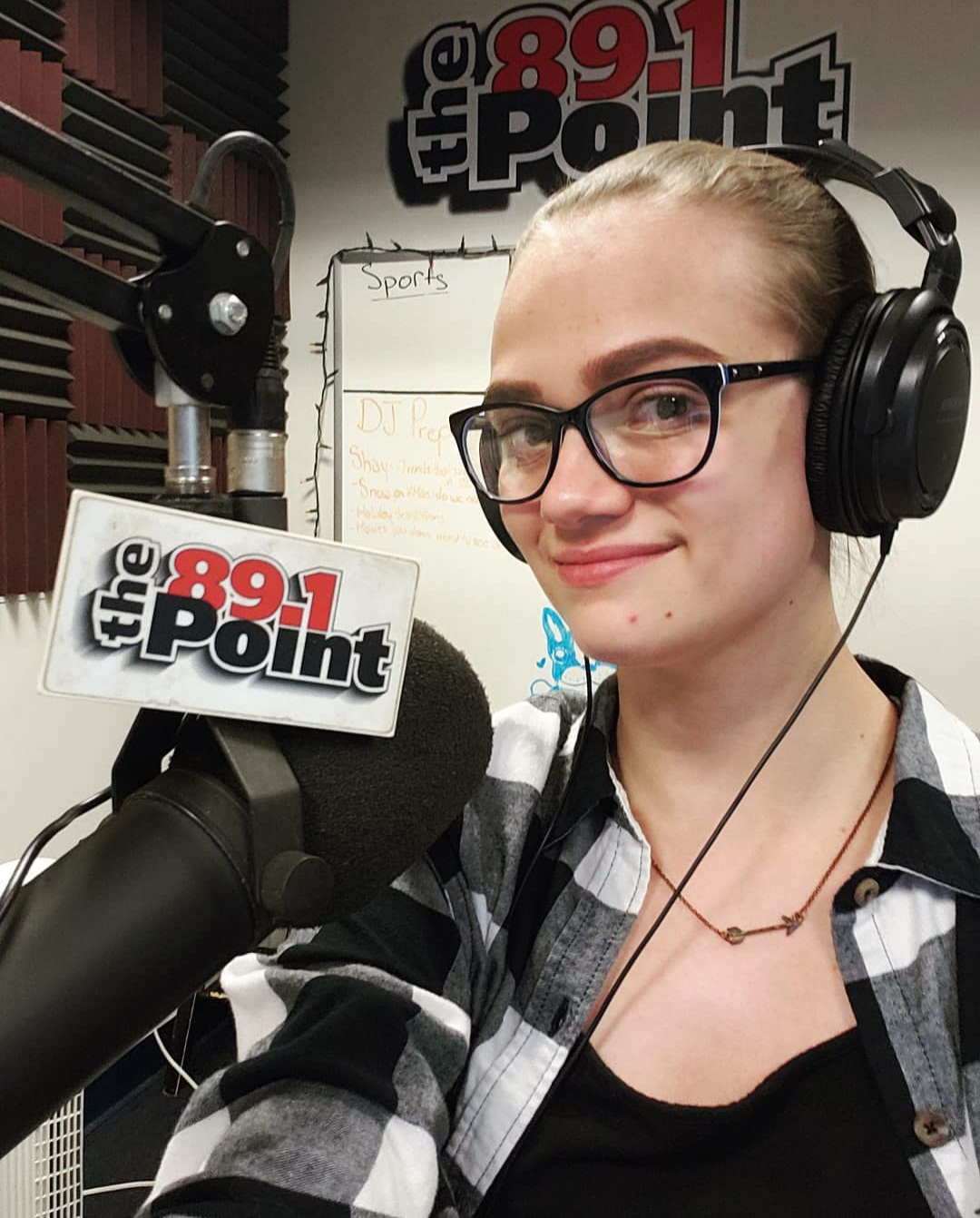
Janes admires the way local artists have strived for success during this pandemic, making sure she does as much as she can as The Point’s Music Director to show appreciation and admiration outward towards the community.
“Musicians have had to get creative if they want to get their music out there during the pandemic. I have seen some artists perform via a livestream, like Facebook or Instagram Live. Some have spent money on equipment to allow them to record more music from home. I would say there are more setbacks for them than us, and I love seeing the ways these artists are thinking outside of the box to bring their music into people’s lives,” Janes said.
COVID-19 has proved itself to be unpredictable. Though, unlike the pandemic, music continues to remain ever present during this time — no matter how different it may look.
“So many artists have written new music and even released music videos that were made from their homes. Like I said, if something like another pandemic were to ever happen again, I feel that they will be more prepared and more confident about their ability to get creative with their music from home,” Janes says.
However, when looking at the future of music, the pandemic has made the social aspect considerably risky. According to Emily Adamski, a music industry major at SUNY Fredonia, COVID-19 is simply a hiccup in music’s everlasting role within society.
“There will be major curve balls thrown at me in this profession and this seems to be the worst case scenario so far but, no matter what, I just need to step back, take my own time and try to get back the importance of music and why I’m pursuing this in the first place. I don’t know when live events will be able to happen again but I know there will be a time again when we will see packed, sold out arenas,” Adamski says.

Adamski, as she approaches her senior year, is limited for music related internship opportunities in the midst of this pandemic.
“I’m nervous that I won’t be able to work one on one with a company through an internship unless it is through remote learning. I really don’t know what to expect, since venues are still closed and less and less opportunities seem to be available. This pandemic has taken away concerts, festivals, house shows. I don’t think it will be impossible in the future, but the industry has to build a lot of trust in the people — hoping they will follow CDC guidelines and get live music rolling again,” Adamski said.
Music has adapted to this new way of “pandemic” living. Universally, music will continue to be unifying and powerful. In a time of such uncertainty, these local musicians may be what brings the community together.

